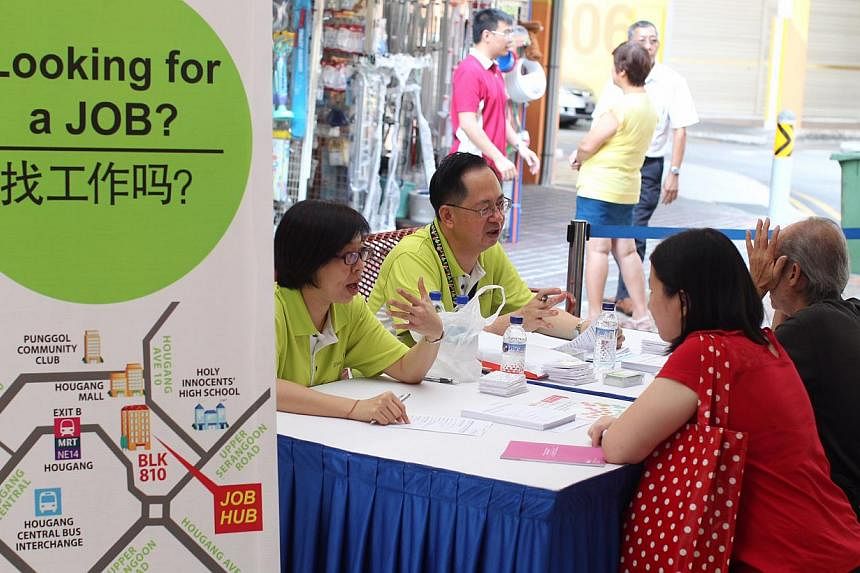Companies in Singapore are finding it hard to find people but a survey has found that half of those applying for a job here are not happy with the experience.
When asked about their most recent experience as a job applicant, only 50 per cent of respondents in Singapore said they were satisfied, according to a global survey by recruitment firm Kelly Services, released on Wednesday.
The biggest grouse was the company failing or taking a long time to update candidates after they have sent in their job application or resume.
Other complaints were a lack of communication or updates after the job interview, lack of awareness of pay or salary, lack of a clear job description and difficulty applying for the job by electronic means.
"The job application and hiring process is typically a candidate's first experience with an organisation, and a chance for a firm to showcase how it functions and how it treats its people," said Mark Hall, vice president and country general manager, Kelly Services Singapore.
Timely responses from employers are vital in helping all candidates understand that they are being fairly evaluated and respected, said the firm.
And the entire process of engagement with prospective employees is important - not only for successful candidates, but for others who may not secure a position, but who will form lasting impressions, it added.
About 230,000 people across the Americas; Europe, the Middle East and Africa (EMEA); and Asia Pacific (APAC) regions responded to the third installment of Kelly Services' annual survey.
The highest rates of satisfaction were in Russia (68 per cent satisfied), Thailand (59 per cent), and Poland and the UK (both 56 per cent).
Like Singapore, only half of respondents globally were satisfied with their recent experience of the job application process.
Across the globe, candidates complained about a lack of information regarding where they stand in the application process. It's often described as a "communications blackout" that leaves candidates confused and bewildered, said Kelly Services.
But what do job applicants consider an acceptable timeframe for hearing back on the status of their application?
Approximately half (48 to 52 per cent depending on region) say that three to five business days is an acceptable timeframe. There is a smaller group (27 to 36 per cent) that says up to two weeks is acceptable. A minority (12 to 17 per cent) would ideally like a response within one to two business days, but only 3 per cent say that they would be happy with the response dragging out to four weeks.
Here's 3 things employers can do to improve the job application process, says Kelly Services:
1. Communicate with candidates to let them know where they stand, both after submitting their resume or application and following an interview.
2. Make it as easy as possible to submit applications.
3. Job requirements, qualifications, experience and salary should be easy to understand.


